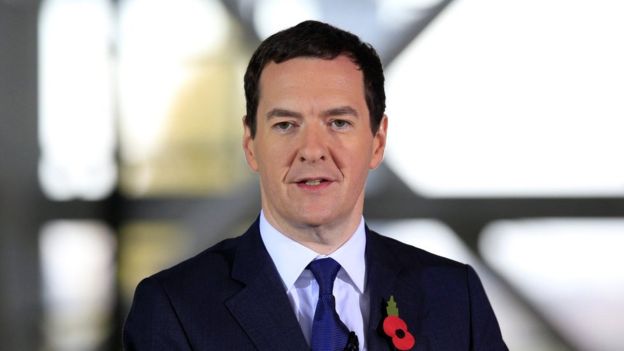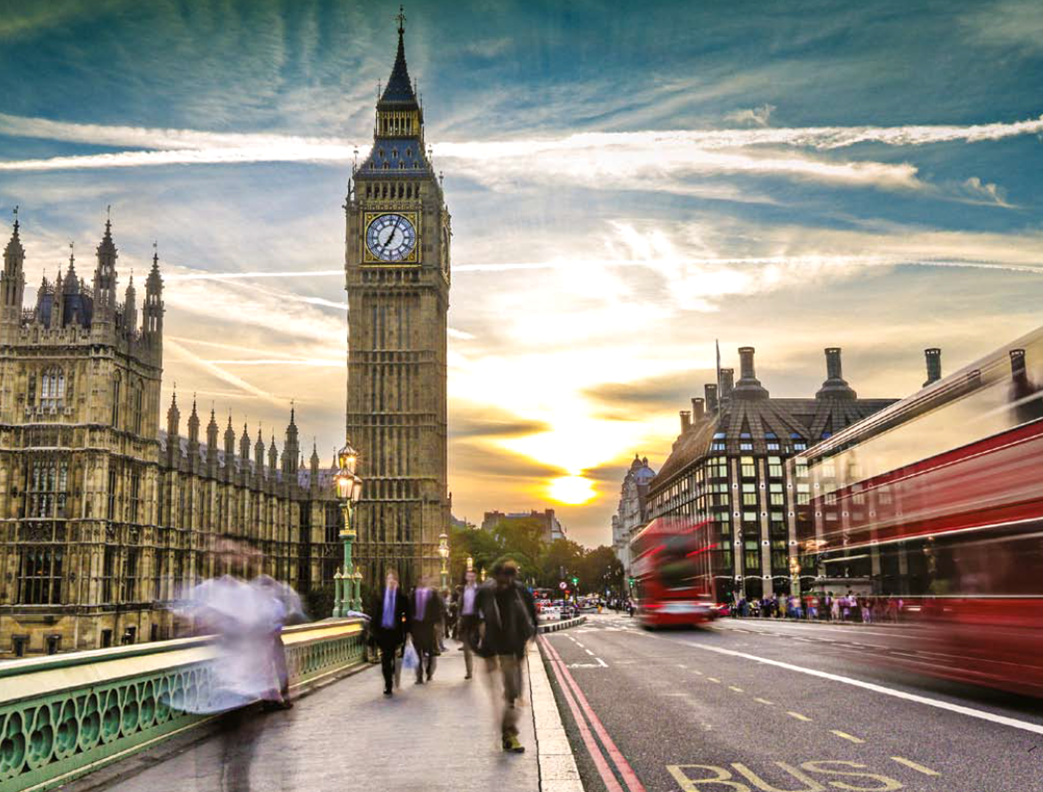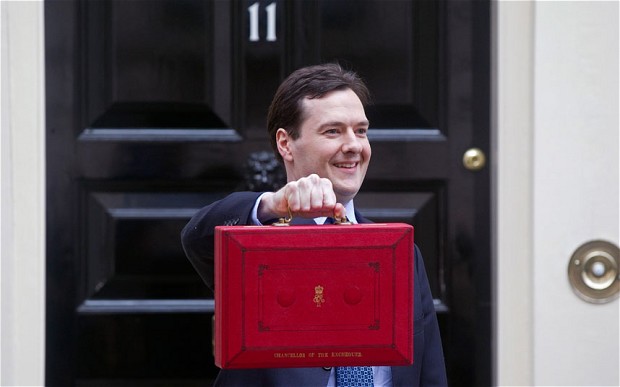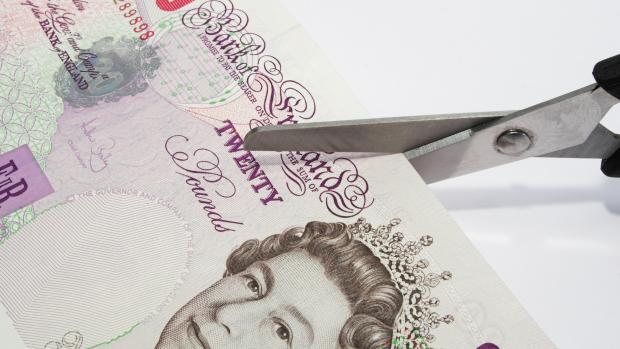Spending Review Today
Today is the day when the Chancellor will reveal his plans for Government spending and the nation’s finances.
The spending review sets the amount Government departments will spend – a £4tn budget over the next five years.
Spending reviews were introduced by Gordon Brown in 1998 and the last one was in 2013.
The Autumn Statement details the Government’s general tax and spend plans. It’s not really that much different to the Budget. The announcements are usually smaller and fewer.
Autumn Statements are annual events, although they’ve not always been called Autumn Statements, that’s George Osborne’s name for them.
Under Labour they were pre Budget reports.
Some spending is protected: health, schools, defence and international aid, But the Chancellor has said he is looking to make £20bn cuts.
Mr Osborne had reached agreement with 11 of the 24 departments – after a bit of a ruck with Work and Pensions Secretary Iain Duncan Smith – by last week but all had been asked to model cuts up to 40%.
Some experts reckon that police, the courts, education, local government and business will all get clobbered.
Theresa May’s Home Office is a high-spending department and there is significant disquiet over potential cuts to police numbers – especially in the wake of the Paris attacks.
Well, after a fashion.
Mr Osborne has promised to soften the blow of the tax credit cuts – because the House of Lords made him by voting down his proposals.
The cuts to the benefits, which are received by some of the poorest paid people in the country, would have saved the Government £4.4bn.
But they were massively unpopular: largely because they targeted the very same hard-working families the Conservatives claimed to champion at the General Election.
Around 3m people would have been £1,100-a-year worse off under the plans.
He’s also going to have to raise his borrowing forecasts for this tax year by £7bn.
He could introduce the cuts more slowly.
Or he could offer protection from the reductions to some of the lower earners.
He could raise taxes or introduce deeper spending cuts for Government departments to fill the hole the tax credit cuts savings have left.
Most likely, financial experts suggest, is that he will chip in to the £10bn surplus he has said he wants to run by 2019/20.
No. The “rule” was that the Government would run a surplus by 2019/20. The £10bn is an aspiration.
White rabbits produced from hats can sometimes prove unwelcome.
There is some speculation the Chancellor might have salary sacrifice schemes in his sights – those things from work you get tax free, basically higher pension payments and childcare vouchers.
There is also suggestion he might penalise diesel drivers at the pumps.









